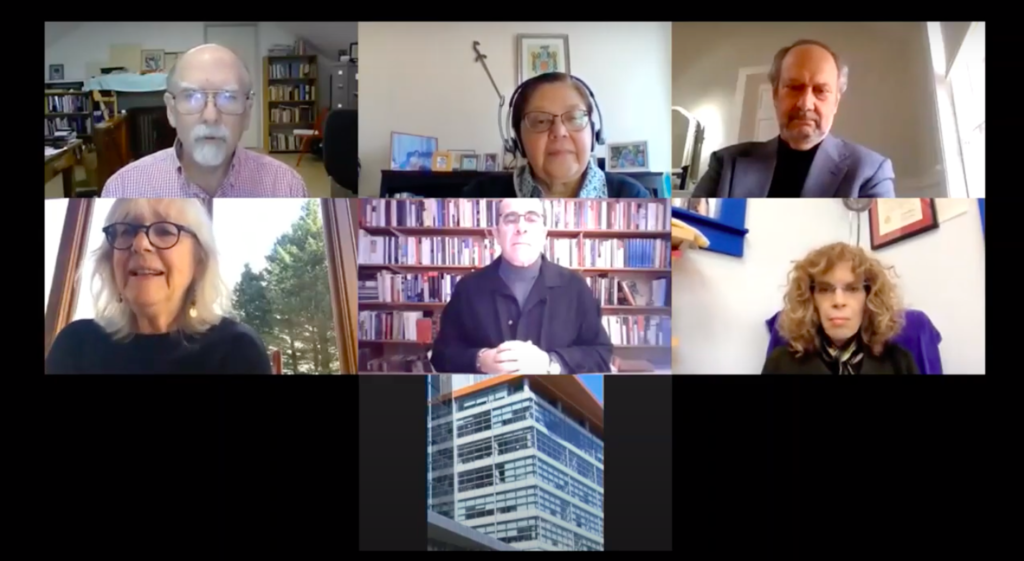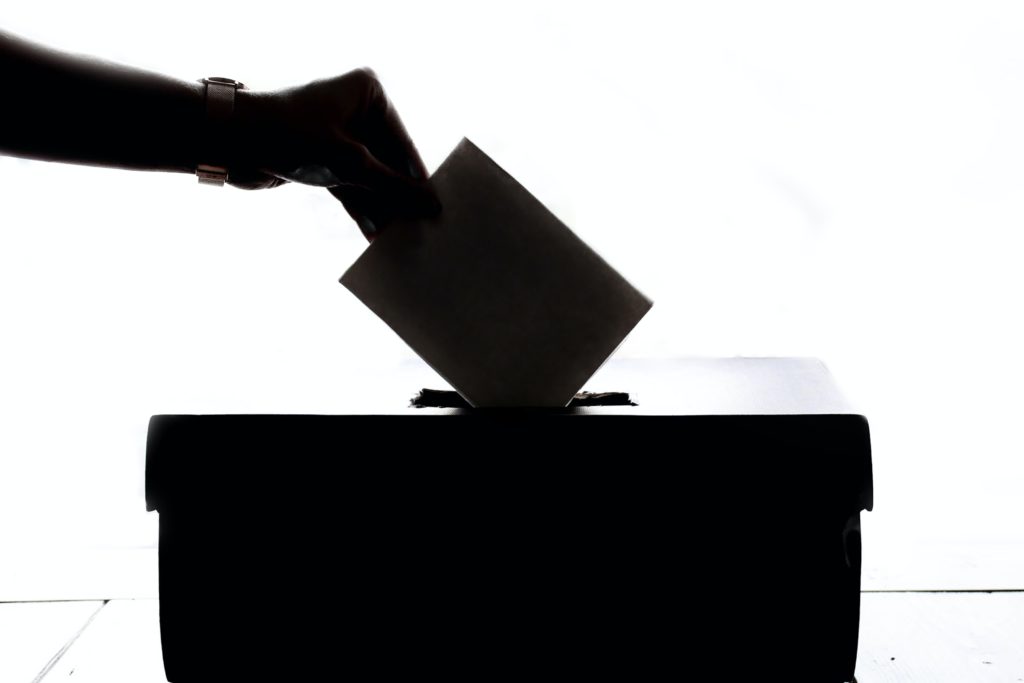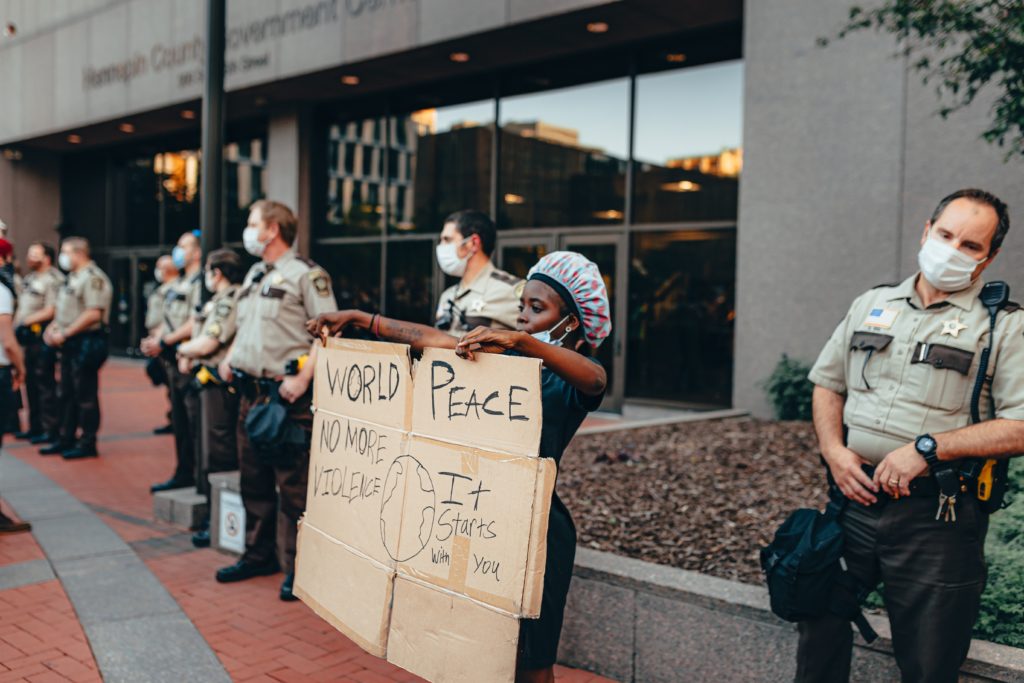U.S. Presidential Elections
With the country perched precariously on the precipice between democracy and authoritarianism, the 2020 campaign for U.S. President is proceeding unbeholden to the norms that typically govern electoral politics in the United States. On one side shouts a Republican candidate whose television personality and backroom cronyism has eclipsed political principle or party platforms, his support resting on an unsteady coalition of racial resentment, obscene profiteering, and suburban fear of falling. On the other side slouches a Democratic candidate long-tethered to the neoliberal establishment, whose fingerprints are smeared over decades of public policy disasters, from racially-biased criminal justice to emboldened predatory finance to imperial escapades. The world historical moment in which the election is unfolding – amidst a seemingly unending torrent of compounding crises – has left the campaign itself continually overshadowed by external events. At a point in the campaign where the news-cycle typically rotates between stale stump speeches in small towns, Trump and Biden find themselves at center stage as the nation grasps for solutions to seemingly impenetrable problems – covid-19, racism, climate change, and economic inequality – that both candidates have helped to aggravate. How might a Polanyian lens – attentive to moments of disjuncture, alert to the continual tension between capitalism and democracy, insistent on locating national politics within a global framework – help us to make sense of the current fight for the presidency (one that seems more consequential than most)?
While we would welcome all contributions that lean on Polanyi to examine the 2020 US Presidential Election and its significance, we are particularly interested in contributions that engage the following themes:
Comparing Resurgent Fascisms
Donald Trump’s dabbling with fascism is far from an isolated event upon the world stage, and it is curious to take note of the deep resonance between Trump and Bolsonaro, Erdogan, Orban, Duterte, Netanyahu, El-Sisi, Putin, Modi, and others. What strands connect these disparate instances of right wing rule? And how might these comparative connections help us understand the 2020 campaign of Donald Trump? The Great Transformation insists that the lurch into authoritarianism cannot be explained entirely from within the borders of the nation-state. In what ways are global forces – e.g. finance, geopolitics, the climate, and the pandemic – paving the electoral path of fascist possibility in the United States and elsewhere?
Democracy: Insurgent Activism versus Hamstrung Institutions
Polanyi argued that it was the inability of democratic institutions to restrain the tyranny and generalized misery of the free market that led to fascism. Today, the tyranny of the market has company: racism, climate change, and the pandemic. Each seems to exceed the reason and reach of democratic institutions, even as each has engendered a new locus of democratic activism. With the national government paralyzed by executive fiat and Congressional inaction and faith in governmental institutions abysmally low, angry citizens have turned to alternative venues and methods for building power. On the Left, rage over racial injustice has boiled over into the streets, as activists – many of them newly-politicized – have found a voice and a political community long denied to them in existing institutions. On the Right, self-appointed militias have started patrolling towns and cities, claiming authority over private property and the right to wield coercive force in the supposed service of small-businesses and law enforcement. How are the presidential campaigns of Donald Trump and Joe Biden positioning themselves in relation to this tension between insurgent democratic activism and hamstrung democratic institutions? What presidential prerogatives and legitimations of rule are emerging around
tensions between democratic activism and institutions? Will growing activism help to expand the jurisdiction and capacity of democratic institutions to meet the challenges of the present? Or will the mismatch between the growing problems and weakened institutions become the fertile ground for tyranny?



